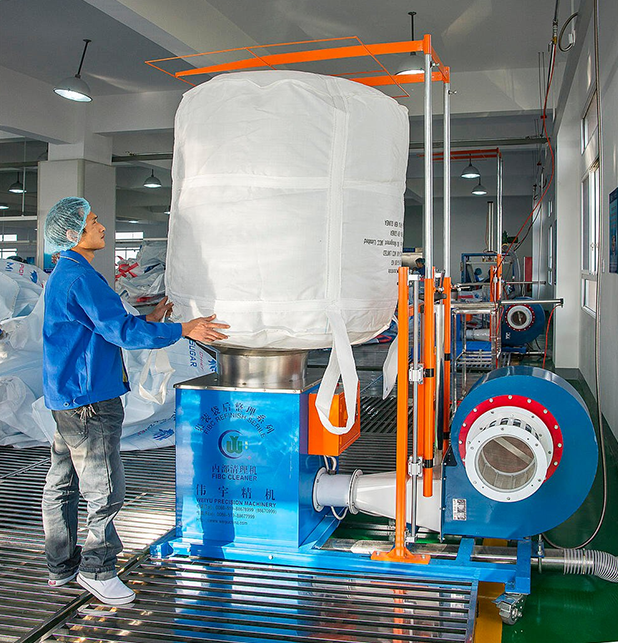Healthier for consumers, and better for the environment - on does not need many reasons to be in favor of organic food. The demand for organically produced food is growing rapidly. Consumer buying habits are evolving due to their growing concerns regarding health and sustainability. This changed buying behavior, therefore, calls for changes higher up in the production chain.

Less is more
The consumer’s perception is that organic products are more safe, cleaner and more ethical. By using fewer chemicals, they expect richer tastes and more health benefits. Of course, the market has adapted to this, with more and more organic products and brands in supermarkets. The increasing willingness to pay the higher price for this boosts the growth of the organic food sector, with an estimated growth of 14.8% from 2018 to 2022. Hopping on the bandwagon, government authorities, NGOs, and farmer organizations are promoting organic farming by offering financial support, to the further development of the organic food market. All these efforts are boosting the production and consumption of organic foods.
No pesticides, no pests
The production of high-quality organic food, however, is more difficult than most consumers assume. It is not just ‘’doing less’’ to the product. Organic food means no use of chemicals or pesticides, so other measures have to be taken to prevent and control pests.
Standard food production relies heavily on chemical fertilizers and pesticides for controlling pests. These methods are controversial. Despite their effectiveness, they harm the soil and leave residues on the food products. The latter is a big concern for a growing group of consumers because the effects and consequences of consuming these chemicals are still not completely clear - but are considered negative.
Apart from the increased interest in organic food production, the increasing restrictions on the use of chemical pesticides and the rapidly increasing number of active chemical compounds officially registered for pest control, also factor in on the development of new pest control methods. Buyers more often require that food product have nil chemical residues. This has resulted in bigger efforts to develop non-chemical technologies to prevent (and control) pests in food packagings, such as low and high temperatures technologies, irradiation, and Modified Atmosphere.
Modified Atmosphere for organic food
For non-chemical treatment, techniques such as fumigation and heat treatment are an option. One of the latest methods of chemical-free prevention tactics is Modified Atmosphere. This alternative way of pest control and prevention in food packaging is perfect for organic food. The objects or goods in question are packed completely gas-tight, after which the oxygen in the package is adjusted to below the critical survival level for the insects. CO2, temperature and humidity levels are adjusted accordingly, killing insects in all life stages. No chemicals or pesticides are used in this process, making it perfect for the organic food market.
Masterpack combines this technique with the SensorSpot technology, which allows us to monitor the atmosphere in the packaging in a non-intrusive way at all times, eliminating risks of further contamination.
Additional benefits of Modified Atmosphere:
- Keep aroma’s, flavors and color of the product as it should be
- Extended shelf life
- Optimized germination rate
- Prevents molds, fungus, and rancidity to develop
Maintain quality while being able to meet the market’s needs: learn more about the possibilities of Modified Atmosphere for organic food products. Get in touch with our team of experts our download our whitepaper to find out more about the benefits for your business.
